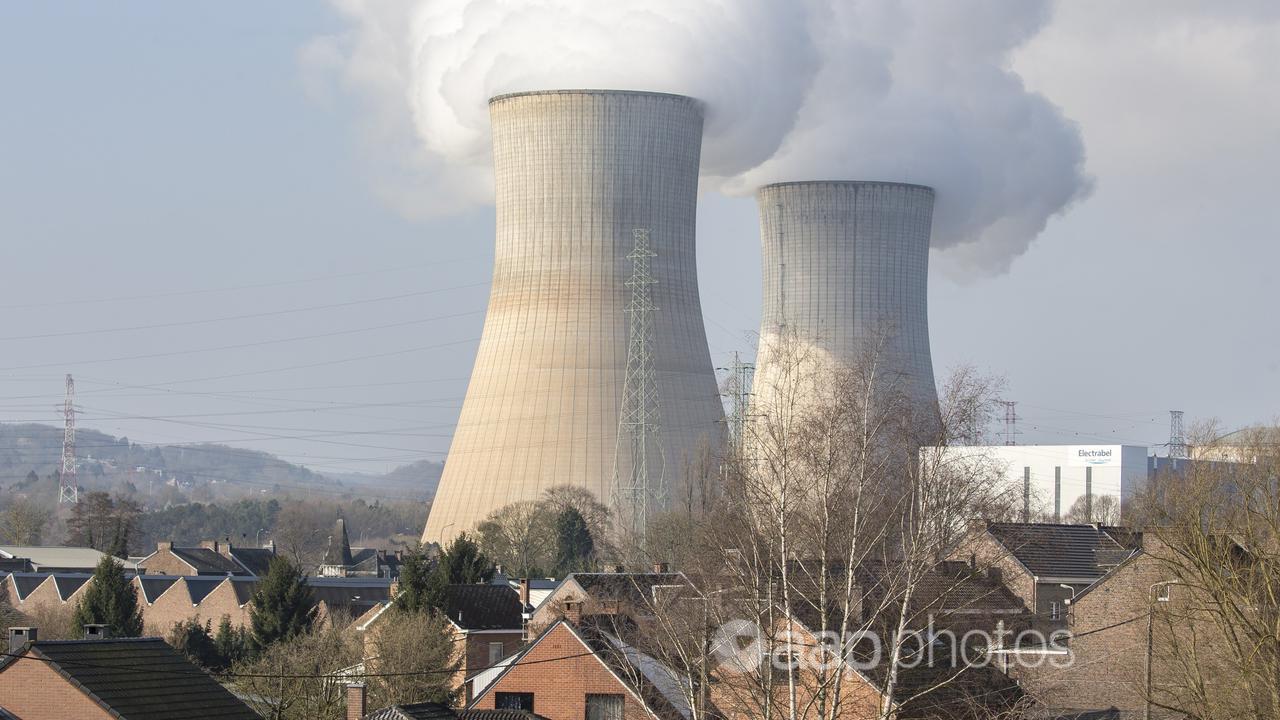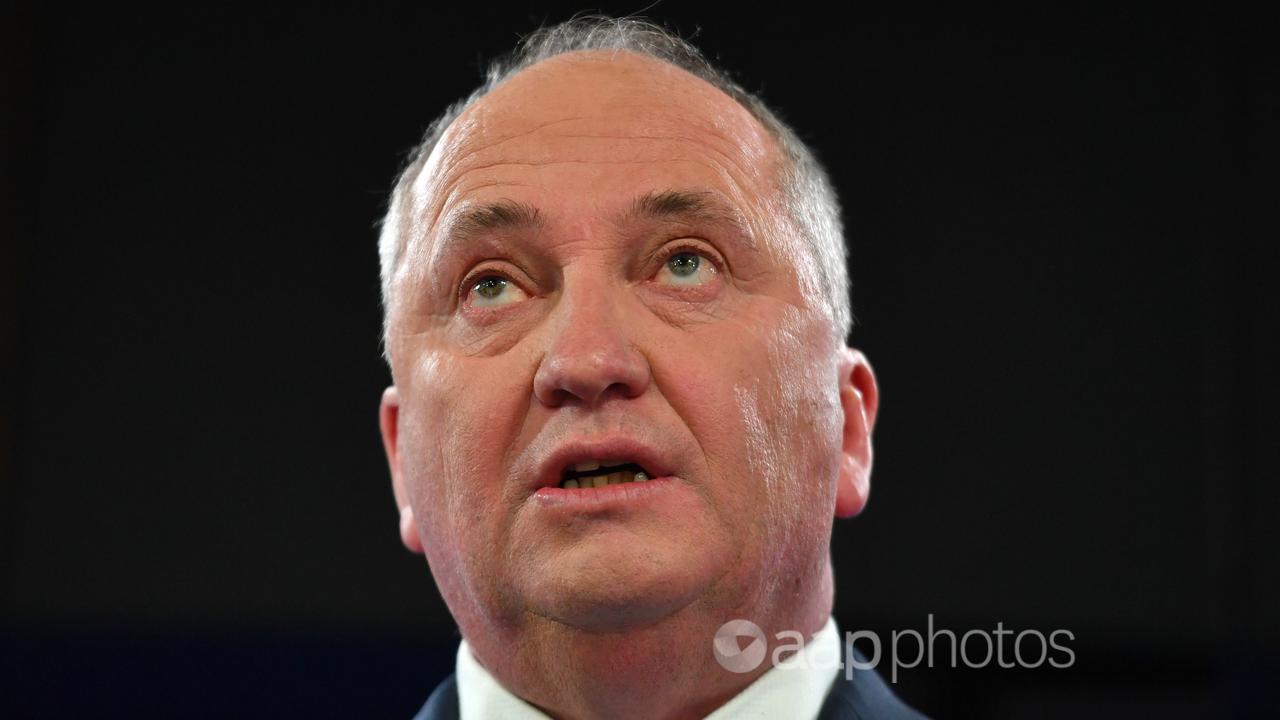With Australia’s future energy needs dominating parliament, Nationals MP Barnaby Joyce has claimed we are the only OECD country that does not produce nuclear power.
The claim is false. Eighteen of the 38 OECD countries do not produce nuclear power.
Mr Joyce made the claim during a debate on Labor’s Climate Change Bill 2022 on August 3. In outlining his support for nuclear power, the shadow minister for veterans’ affairs asked: “Why is it that every OECD country produces nuclear power except us? Are we the wise ones and they’re all stupid?” (video mark 19:25).
Mr Joyce has been a supporter of nuclear power for a number of years while the coalition has looked into its implementation at several points in recent decades.
Opposition Leader Peter Dutton announced on August 2 that the coalition would begin an internal process to examine the potential for nuclear power in Australia.
AAP FactCheck contacted Mr Joyce on the source of his claim but received no reply at the time of publication.
The OECD, which is made up of 38 countries, was established in 1961 as a forum for governments to “seek solutions to common economic and social problems”.
The OECD Nuclear Energy Agency publishes an annual report showing nuclear energy generation by each member nation. The 2021 report (table 1.1, page 14) shows 18 of the 38 do not produce nuclear power.
They are Italy, Turkey, Poland, Ireland, Norway, Israel, Austria, Chile, Colombia, Denmark, Estonia, Greece, Iceland, Latvia, Luxembourg, Portugal, New Zealand and Australia.
ANU nuclear expert Tony Irwin confirmed to AAP FactCheck in an email that Australia is not the only OECD nation to generate nuclear power.
A similar claim was made by Liberal MP Stuart Robert in an interview on ABC’s Afternoon Briefing on August 2. While responding to a question about the affordability of nuclear energy, he said: “I think we’re one of only, in fact we’re the only non-top 20 OECD country that doesn’t use nuclear power as part of its power mix” (video mark 9min).
A spokesman for Mr Robert clarified to AAP FactCheck that he meant to say Australia is the only top 20 OECD country without nuclear power.
Either way his claim is false.

According to the latest World Bank figures, the OECD top 20 comprises the USA, Japan, Germany, UK, France, Italy, Canada, South Korea, Australia, Spain, Mexico, Netherlands, Turkey, Switzerland, Poland, Sweden, Belgium, Ireland, Norway and Israel.
However, according to GDP figures from the OECD, Israel and Norway drop out of the top 20 and are replaced by Chile and Colombia.
But with several non-nuclear countries both inside and outside the top 20, the claim is false.
Some OECD nations, however, are planning to increase or extend their reliance on nuclear energy. Turkey is currently constructing three nuclear power plants, while Poland and Estonia have plans to develop nuclear power industries in the future.
Meanwhile, Belgium has announced it will delay its nuclear phase out amid concerns over energy security following Russia’s invasion of Ukraine. Germany is considering slowing its phase out too.
The most recent World Nuclear Industry Status Report, published last year, found global nuclear energy production is on the decline, despite a significant increase in China.
In 2019 AAP FactCheck debunked a similar claim by coalition MP Keith Pitt that Australia is the only OECD country not utilising nuclear energy.
The Verdict
Mr Joyce’s claim that Australia is the only OECD country that doesn’t produce nuclear power is false. Eighteen of the 38 members of the world development body do not produce nuclear power.
Mr Robert’s claim is also false with several countries within the OECD top 20 and several outside not producing nuclear energy.
False – The claim is inaccurate.
* AAP FactCheck is an accredited member of the International Fact-Checking Network. To keep up with our latest fact checks, follow us on Facebook, Twitter and Instagram.
All information, text and images included on the AAP Websites is for personal use only and may not be re-written, copied, re-sold or re-distributed, framed, linked, shared onto social media or otherwise used whether for compensation of any kind or not, unless you have the prior written permission of AAP. For more information, please refer to our standard terms and conditions.


















